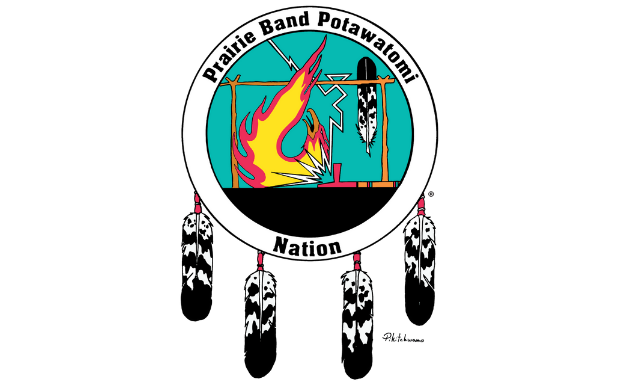
Per Media Release:
Legislation would reaffirm existing Prairie Band Potawatomi Nation Reservation, provide a financial settlement, and authorize acquisition of additional reservation land.
The United States Senate is considering legislation that would allow the Prairie Band Potawatomi Nation to build on its history as an original part of the DeKalb County community.
In the 1830s when Chief Shab-eh-nay traveled from his home Reservation in DeKalb to visit his family in Kansas, the U.S. government illegally auctioned off more than 1,280 acres of his land near the village of Shabbona in southern DeKalb County.
“We simply want to reclaim the land that was taken from us and we want to do so in the least disruptive way,” said Prairie Band Chairman Joseph Rupnick, the fourth generation great-grandson of Chief Shab-eh-nay. “This legislation would right the wrongs of injustice to our tribal community.”
The Prairie Band Potawatomi Nation Shab-eh-nay Band Reservation Settlement Act of 2021, introduced by U.S. Sen. Jerry Moran (R-Kansas) would compensate Prairie Band $10 million for the U.S. Government’s illegal act of selling off its land, and it would establish a settlement claims compensation process for lost rent and damages.
Currently, deeds for homeowners within the Reservation are subject to “all rights, claims, or title to the descendants of a Potawatomi Indian Chieftain named Shabbona and his Band.” The legislation would wipe those deeds clean of that clause in favor of assuring current homeowners that their property is theirs without condition. It would also provide clean title to the State and Dekalb County governments who also own land within the current Reservation.
Prairie Band would use the settlement money to acquire 1,151 acres of land near Shabbona State Park in the southern part of DeKalb County.
Prairie Band has worked tirelessly since the mid-1800s to get the federal government to recognize it is still a Reservation and the Potawatomi people still have claim to the land. In 2001, the U.S. Department of the Interior confirmed the history and legal status of the Shab-eh-nay Reservation as federally recognized Indian Country because the U.S. Government never received the required Congressional approval to auction off land that rightfully belonged to Chief Shab-eh-nay.
Currently, the U.S. Congress is the only governing body that has the authority to designate land titles for native nations.
“We’re approaching this in the least divisive way and most community-focused way, taking the path of legislation to avoid lawsuits,” Rupnick said. “We’re rooted in the community and after 170 years we just want this resolved so we can finally have our home back.”






